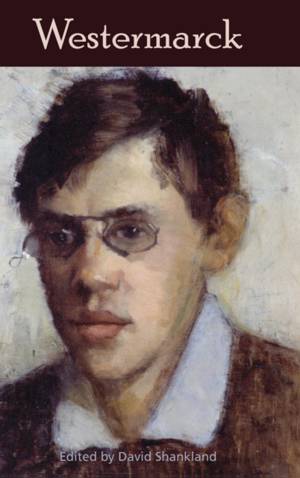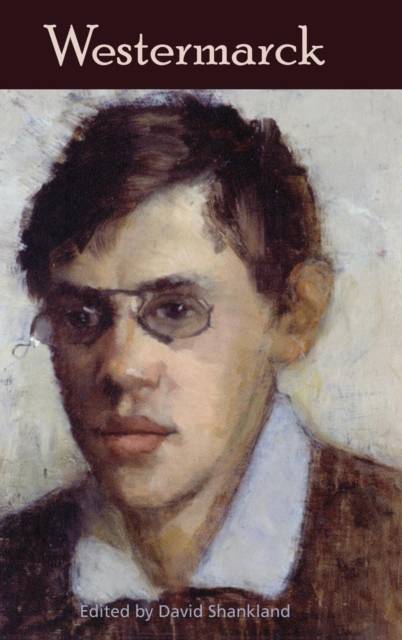
- Afhalen na 1 uur in een winkel met voorraad
- Gratis thuislevering in België vanaf € 30
- Ruim aanbod met 7 miljoen producten
- Afhalen na 1 uur in een winkel met voorraad
- Gratis thuislevering in België vanaf € 30
- Ruim aanbod met 7 miljoen producten
Zoeken
Omschrijving
Occasional Paper No. 44 of the Royal Anthropological Institute Published in association with the Anglo-Finnish Society Westermarck was a remarkable man, but one who has received little credit for the significant part he played in the creation of modern anthropology. He spanned two worlds: the comparative anthropological endeavours of the nineteenth century, and the establishment of social anthropology at the LSE, in which he played a major role. One of Malinowski's principal teachers, he was himself an outstanding fieldworker. His work on Morocco has, even today, hardly been surpassed. Yet, his theories on the nature of human marriage and the origins of the incest taboo place him firmly in the earlier, generalist camp, and the controversies to which they have given rise have hardly settled down to this day. In this volume, Westermarck's place in anthropology is discussed, along with detailed descriptions of his very active academic life in Finland and in Britain, whilst other chapters consider his equally pioneering writings in morals and ethics. Westermarck's own writings are featured by way of illustration of his ideas, including his LSE inaugural lecture, his Huxley lecture, and a hitherto unpublished paper on ritual and survivals. This volume shows, indeed, that Westermarck is a 'missing link' in today's history of anthropology, and our understanding of that history will be profoundly changed by a better appreciation of his role within it.
Specificaties
Betrokkenen
- Uitgeverij:
Inhoud
- Aantal bladzijden:
- 228
- Taal:
- Engels
- Reeks:
Eigenschappen
- Productcode (EAN):
- 9781907774317
- Verschijningsdatum:
- 30/03/2014
- Uitvoering:
- Hardcover
- Formaat:
- Genaaid
- Afmetingen:
- 156 mm x 234 mm
- Gewicht:
- 498 g

Alleen bij Standaard Boekhandel
+ 257 punten op je klantenkaart van Standaard Boekhandel
Beoordelingen
We publiceren alleen reviews die voldoen aan de voorwaarden voor reviews. Bekijk onze voorwaarden voor reviews.










